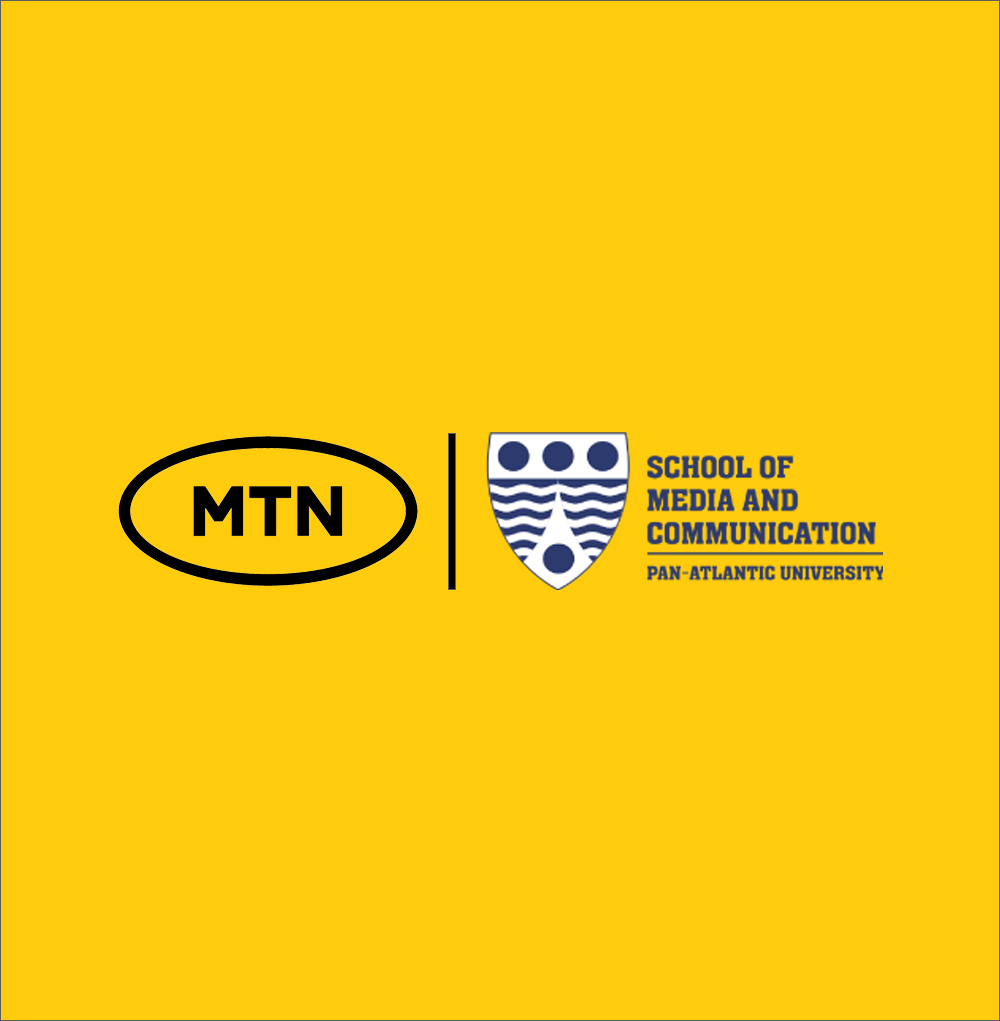Background
The media, anywhere in the world, is a very critical stakeholder group in the socio-political and economic development of a society. It is a public trust, holding those in authority accountable, and serving as societal watchdog. In developing countries like Nigeria, the media’s role is even more critical because of weak civic organs, which often makes the line between reporting and advocacy blurry for journalists. The changing media landscape world over has widened the capacity gaps amongst professionals in the industry, which calls for interventions tailored to equip media practitioners with contemporary skills to deliver optimally on the job.
